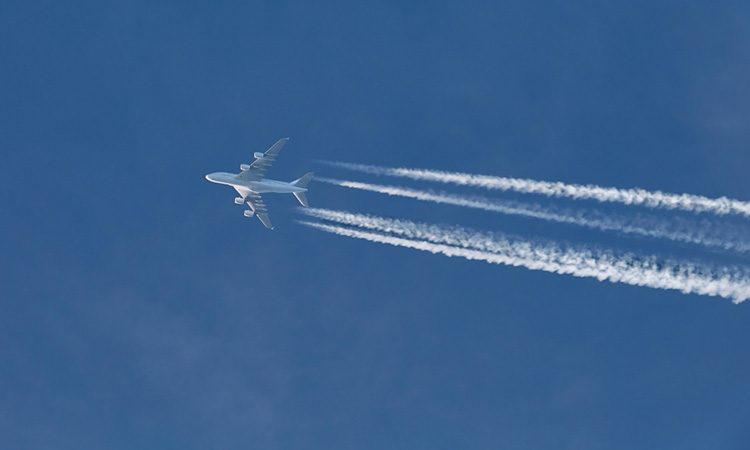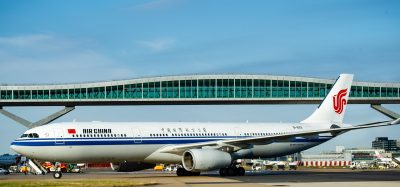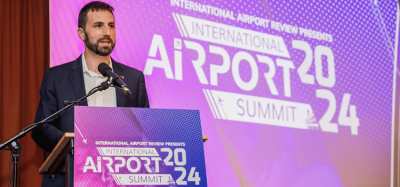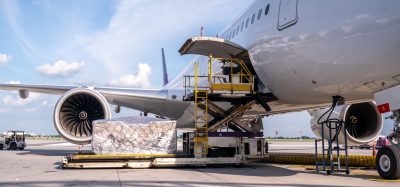NATS reveals big CO2 savings in responsible business report
- Like
- Digg
- Del
- Tumblr
- VKontakte
- Buffer
- Love This
- Odnoklassniki
- Meneame
- Blogger
- Amazon
- Yahoo Mail
- Gmail
- AOL
- Newsvine
- HackerNews
- Evernote
- MySpace
- Mail.ru
- Viadeo
- Line
- Comments
- Yummly
- SMS
- Viber
- Telegram
- Subscribe
- Skype
- Facebook Messenger
- Kakao
- LiveJournal
- Yammer
- Edgar
- Fintel
- Mix
- Instapaper
- Copy Link
Posted: 31 July 2019 | International Airport Review | No comments yet
Air traffic service provider NATS enabled airlines to save 113,500 tonnes of CO2 emissions in UK airspace during 2018, according to a new report.


In a new report, NATS has revealed that airlines saved nearly 113,500 tonnes of CO2. The savings equate to £18.4 million of fuel for airlines and means NATS has now enabled a reduction of 8.4 million tonnes of aircraft CO2 emissions since 2006.
NATS’ 2018-19 Responsible Business report charts how it has worked to improve the environmental efficiency of UK airspace, alongside efforts to support its employees, build strong communities and promote good business practice.
In 2018-19, NATS delivered 18 airspace initiatives to help reduce aircraft CO2 emissions. Efficiency improvements included a focus on traffic management and tools for reduced holding, working with airlines for improved flight planning, airspace changes and the introduction of electronic flight strips in London Terminal Control, one of the most complex areas of airspace in the world.
Other activities highlighted in the report include NATS’ work on diversity and inclusion, eliminating the use of more than one million plastic cups, encouraging young people into technology and engineering professions and supporting charities.
NATS raised almost £430,000 for charity in 2018-19 supporting Hampshire and Isle of Wight Air Ambulance, Southampton Cancer Research UK Centre, Ayrshire Hospice and many other smaller charities from its charity fund and payroll giving scheme.
Ian Jopson, Head of Environmental and Community Affairs, NATS, said: “As an island nation, aviation is key to our role in the global marketplace and isn’t likely to be replaced in the foreseeable future. Our industry therefore has to find a way to reduce our impact on the environment and we’re very proud of the progress we’ve made, alongside all our other responsible business initiatives, but we know much more needs to be done.”
NATS, working with many of the UK’s major airports, will be bringing forward proposals for how to modernise the UK’s airspace at the end of 2020 to help radically improve flight efficiency. Measures are likely to include keeping aircraft higher for longer and cutting the amount of fuel-thirsty low-level stack holding at airports.
Related topics
Air traffic control/management (ATC/ATM), Sustainability, Sustainable Aviation Fuel (SAF)


















